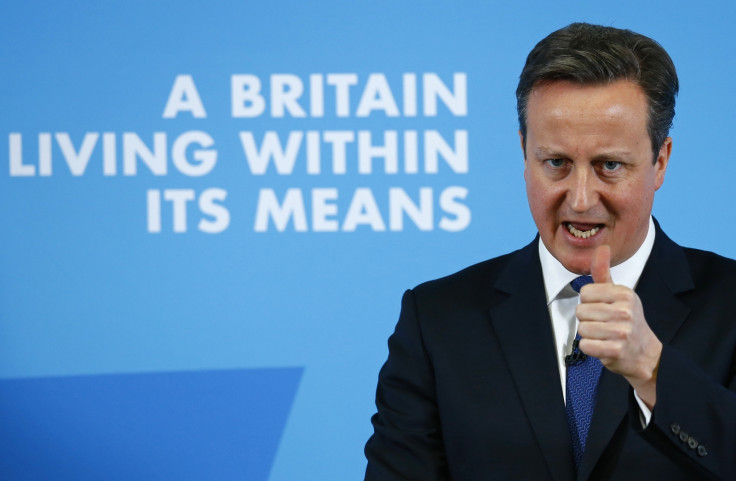David Cameron pledges to extend UK data surveillance law following Paris terror attacks

UK Prime Minister David Cameron has pledged to give new internet surveillance powers to intelligence agencies, following last week's terror attacks in Paris.
Cameron made the promise during a campaign speech in Nottingham on Monday, four months ahead of a general election.
"If I'm Prime Minister I will make sure it is a comprehensive piece of legislation that makes sure we do not allow terrorists safe space to communicate with each other," Cameron said.
"Are we going to allow a means of communication where it simply isn't possible to do that? My answer to that question is 'no we must not.'"
Last year it was revealed by the government's top anti-terror chief Charles Farr that Government Communications Headquarters (GCHQ) was able to spy on UK citizens through Facebook, Google, Twitter and YouTube due to a loophole in the law.
Return of the 'snooper's charter'
Last week's deadly terror attack at Charlie Hebdo magazine in Paris, carried out by Islamist militants, has once again brought up the issue of state surveillance powers.
If the Conservatives secure an overall majority in May's elections they have promised to revive plans for a communications data bill, which was blocked last year by the the Tory's junior coalition partners, the Liberal Democrats.
Civil liberty advocates, who previously referred to the communications data bill as a "snooper's charter", have warned that it is dangerous to use the Charlie Hebdo massacre as an excuse to extend surveillance powers.
"It is wholly unacceptable for this tragedy in Paris to be used as a means to call for a return of the snooper's charter," said Emma Carr, director of Big Brother Watch.
"It is the wrong solution and would divert resources from focussed surveillance operations at a time when the agencies are already struggling to cope with the volume of information available."
© Copyright IBTimes 2025. All rights reserved.






















